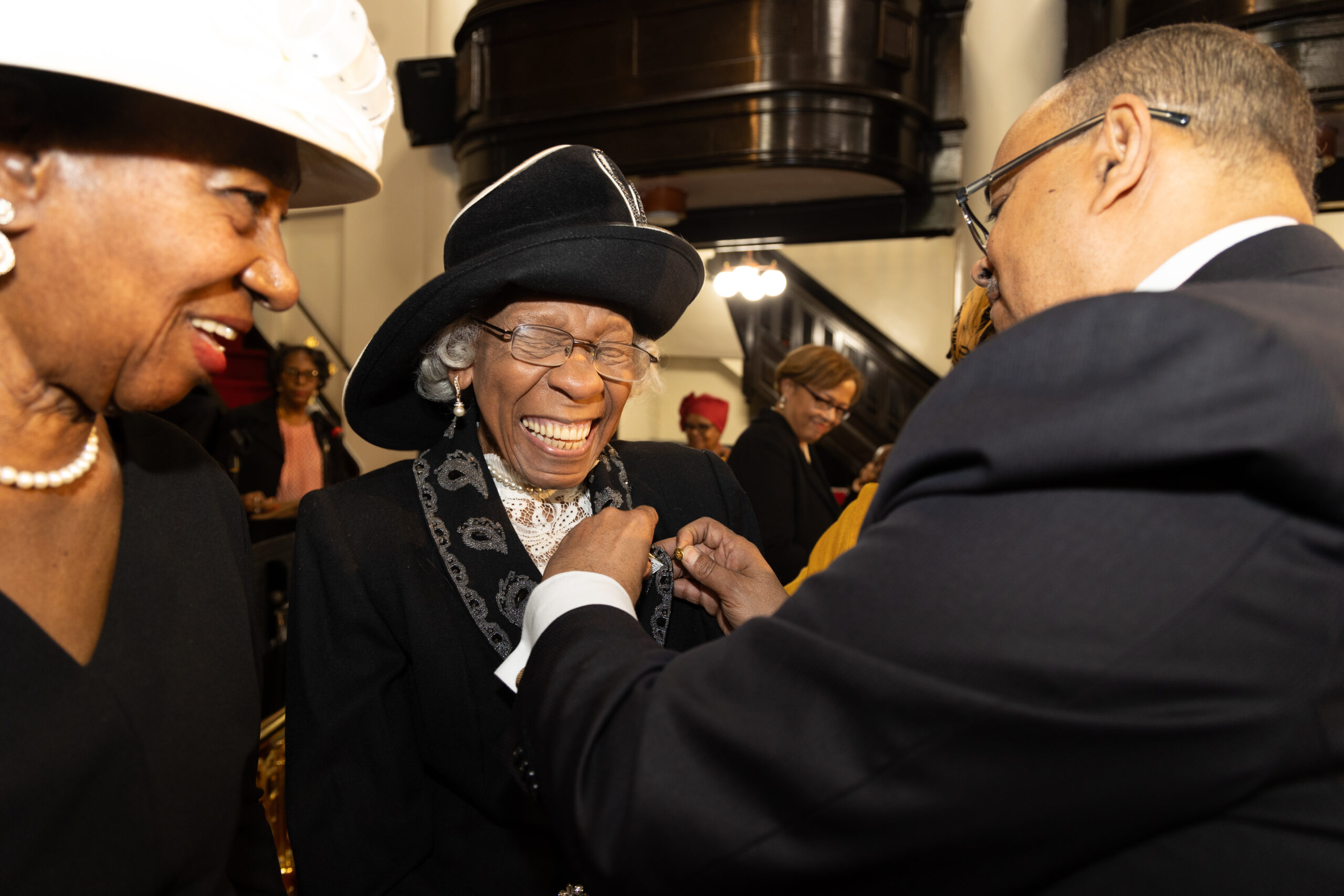Melech Thomas, Contributing Writer
“Would a God whose claim to fame is breaking out of a borrowed tomb make me live the rest of my life in someone else’s box?”
I have asked myself this question often over the last few months. In other words, how does one live a life of color in a world that prefers you in “black and white?” Doing such is an arduous task for each person who wishes to live an authentic life. But it is even more difficult for those called by God to do the work of ministry. During the Lyman Beecher Lectures on preaching at Yale University in 1877, Phillips Brooks famously stated that preaching is the “communication of truth through personality.” This definition sounds great until confronted by the fact that the personalities of most preachers have been manufactured by culture rather than mined out from the innermost parts of their beings.
As young ministers, we were taught the importance of authenticity. Yet, the content of the workshops we attend, the church growth seminars suggested to us, and even our ordination processes teach us otherwise. Conformity appears to be the name of the game. From dress and conversation to preaching styles and church leadership, the capacity of a minister to fit within the parameters of socio-behavioral expectations is often an indicator of their potential success in the Church. More plainly, effective imitation is often rewarded, while authentic expression that does not fit those expectations is ostracized.
“You don’t dress like a preacher.”
“A preacher shouldn’t post that.”
“I didn’t know preachers could do that!”
Questions like these are the product of a semi-idolatrous image of the “preacher.” In addition to the preacher’s life being on a “pedestal,” the preacher’s personality also becomes confined by the shallow machinations of Western theological imagination. From this grounding, the formation of ministerial identity begins with the pre-inclination of inherent existential deficiency. To be frank, some might say that ministerial training focuses on crafting ministers as we have seen them instead of extracting from the minister the authentic characteristics that led God to call them in the first place. This neocolonial notion of “tabula rasa” negates the intrinsic value of the minister before they arrive at the beginning of their vocational journey.
As a result, even amidst an increasingly mutating society, the Church has specialized in creating generations of ecclesiastical clones in hopes of replicating “the good ol’ days.” And the pressure to fit these invisible standards has created an existential quandary within most millennial clergypersons. On the one hand, if we choose to become who the “system” attempts to make us become, we run the risk of losing our authentic selves in the quest for ecclesiastical ambition. But, on the other hand, to choose a bold authenticity is to gamble with the trajectory of one’s ministerial career. To quote William Shakespeare’s famous line from Act 3, Scene 1 of Hamlet, “To be, or not to be, that is the question!” Unfortunately, this existential “tug-of-war” often results in the clergyperson wrestling with despair, ontological exhaustion, and, sometimes, social death, all to be accepted and lauded as someone who looks, talks, and acts like a “preacher.”
For these reasons, I have decided that I am no longer interested in being a “preacher.” No, this is not a resignation letter. This is not a rejection of my appointment. I am not leaving the ministry to which I have devoted the last 15 years of my life. On the contrary, a true desire to be faithful to the Call requires the categorical rejection of anything that crushes the capacity of the minister to be their full, whole, authentic self. Furthermore, the efficacy of the Call necessitates the courage to reject the armor of Saul, knowing that the slingshot God gave us works just fine. We may not “dress” like a preacher, but God will still use us. We may not “talk” like a preacher, but God will still use us. Some of us may not whoop. Some of us may not holler. Some of us may not even desire to pastor. Yet, we are all still the called, chosen by God for who we are and not simply who we will become.
This is not an indictment on all preachers. But this is a challenge to the popular notions of what it means to be a “preacher.” God does not call “preachers.” God calls individuals to preach, whether or not those individuals fit the mold of a “preacher.” Therefore, we must not allow our memories of how God has shown up to limit the possibilities of how God can show up. For the Church to survive, we must abandon the “boxes” and allow the power of a claustrophobic God to expand the parameters of our theological horizons.
May the God who rolls stones away remove all barriers to a more authentic life.





